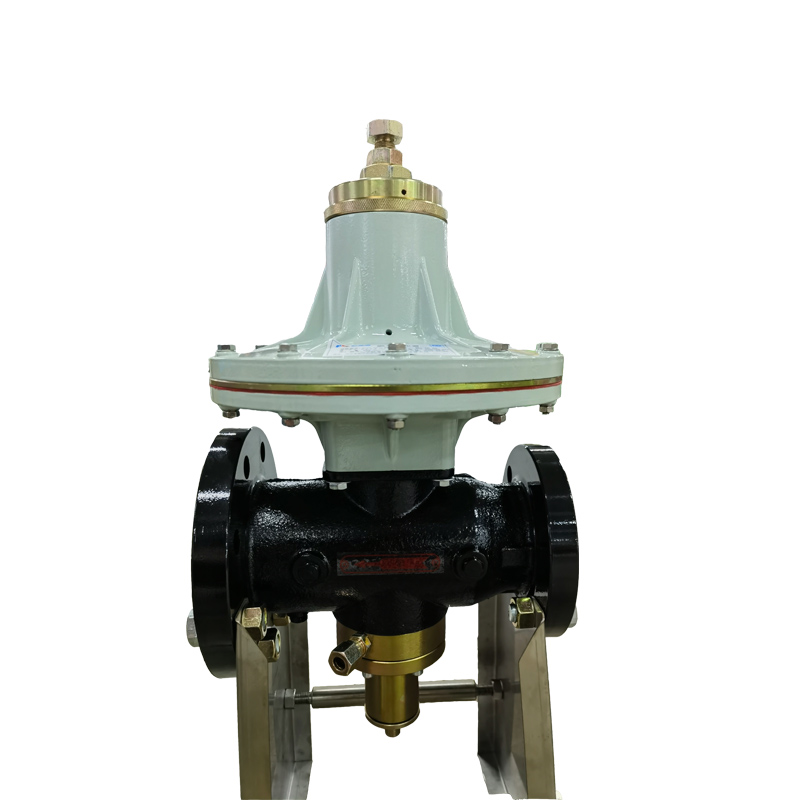
8 月 . 12, 2024 08:48
Back to list
Understanding Electric Valves and Their Applications in Modern Automation Systems
Understanding Electric Valves Function, Advantages, and Applications
Electric valves are vital components in modern industrial systems, widely used in a variety of applications ranging from water treatment and HVAC systems to chemical processing and manufacturing. These valves operate through an electric actuator, which enables automated control over the flow of liquids and gases. This article explores the function, advantages, and applications of electric valves, highlighting their significance in today's technological landscape.
Function of Electric Valves
At its core, an electric valve is designed to control the flow of a fluid by opening, closing, or partially obstructing various passageways. The electric actuator is the driving force behind the valve's operation, converting electrical energy into mechanical motion. This can be achieved through different mechanisms, including linear actuators and rotary actuators, depending on the type of valve and its operational requirements.
Electric valves are often integrated into larger control systems, allowing for remote operation and monitoring. This automation not only enhances efficiency but also improves safety and precision in processes where manual handling would be impractical or dangerous.
Advantages of Electric Valves
One of the primary advantages of electric valves is their ability to provide precise control over fluid flow. The electric actuator allows for accurate positioning, enabling operators to set the valve at specific degrees of opening. This precision is especially crucial in applications where flow rates directly affect product quality or safety.
Additionally, electric valves can be easily integrated into automated control systems, making them suitable for applications requiring frequent cycling or adjustments
. Their ability to be controlled remotely reduces the need for operators to be physically present, minimizing labor costs and increasing safety, particularly in hazardous environments.electric valve

Electric valves also tend to require less maintenance compared to their manual counterparts. With fewer moving parts and the absence of wear-prone mechanical linkages, electric valves can often provide longer service life and enhanced reliability, resulting in lower operational costs over time.
Applications of Electric Valves
Electric valves are utilized across a diverse range of industries. In water treatment facilities, they play a crucial role in controlling the distribution of water and managing its quality by regulating the flow of chemicals used in purification processes. In HVAC systems, electric valves help manage airflow and maintain temperature control, contributing to energy efficiency and comfort within buildings.
In the chemical processing industry, electric valves are employed to manage the precise flow of reactive substances, ensuring both safety and compliance with environmental regulations. In manufacturing, they assist in various processes, controlling the movement of materials and enabling automation on production lines.
Emerging technologies, such as building management systems and industrial IoT, have further expanded the applications of electric valves. Their ability to connect to networks allows for real-time monitoring and adjustments, fostering smarter and more efficient operations across various sectors.
Conclusion
Electric valves are indispensable tools in modern industry, offering precise control, greater efficiency, and improved safety in fluid regulation. As technology continues to advance, the role of electric valves is expected to grow even more significant, facilitating the automation and optimization of processes across a wide range of applications. In an era where efficiency and sustainability are paramount, investing in electric valve technology is a strategic choice for businesses looking to enhance their operational capabilities and maintain competitive advantages.
Latest news
-
Unlocking The Quality Gas Pressure ReducersNewsNov.01,2024
-
The Role of Gas Pressure Reducing StationsNewsNov.01,2024
-
The Importance and Functionality of Safety Relief ValvesNewsNov.01,2024
-
The Essential Role of Safety Valves in Natural Gas ApplicationsNewsNov.01,2024
-
The Essential Role of Gas Pressure RegulatorsNewsNov.01,2024
-
Enhance Your Premium Gas FiltersNewsNov.01,2024

